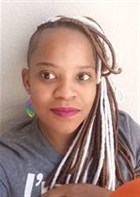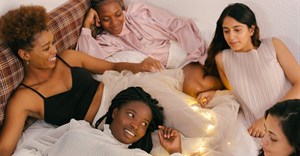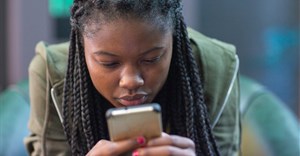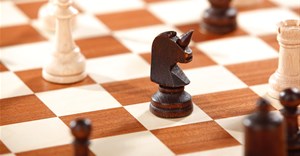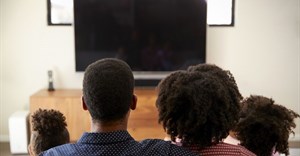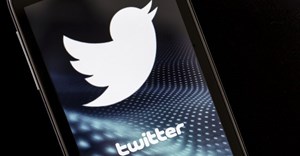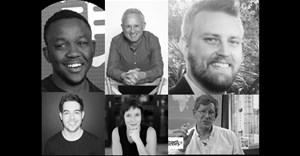
Subscribe & Follow
Jobs
- Social Media Specialist Johannesburg
- Influencer Campaign Manager Cape Town
- Social Media Manager and Strategist Cape Town
- Video Editor for Social Media Content Cape Town
- Head of Performance Marketing South Africa
- LinkedIn Outreach Assistant - Remote Cape Town
- Creative Content Video Editor Johannesburg
- Influencer Campaign Manager Cape Town
The role played by Black Twitter in South Africa
People to the likes of Feminista Jones described it as a "collective of active, primarily African American twitter users who have created a virtual community" that allows them to bring about and discuss a wide range of socio-political issues with some humour. Through the movement they are able to give each other moral support and share their experiences as strangers who all bare similar stories, but they also engage in recent events and pop culture happenings.
Tackling racial issues
Overtime other people and groups who are not black were also able to participate in the discussions since twitter is an open platform, and others found that although their colour was different they still had common human experiences. Black Twitter serves to encourage open and critical discussions especially about race relations and indifference. The users imagine themselves to be practising socially meaningful activism that raises awareness against issues faced by their diverse black communities.
In the South African context Black Twitter seems to carry a different tone because it appears to be intended for a niche market of black young middle-class twelebs (twitter celebs). In comparison to their US counterpart the movement here is not just for any black person with something to say, but for a few intellectuals who are very equipped and versed when it comes to issues of culture, current affairs and politics, thus it's known to be an exclusive community that proves difficult to break into. Hence Pontsho Pilane (28 July: 2014) remarked in her article that "being black does not give you a default pass into this realm".
I find that especially in this context not many people know of its existence and that some of those who heard of it don't understand the purpose it serves. In essence Black Twitter gained popularity in South Africa around 2012 when users tackled issues that grabbed the attention of mainstream media. For instance around the same time Simphiwe Dana who is a popular South African musician and Helen Zille had a showdown on twitter that raised many eyebrows, but now the so called 'twitter wars' have become common practice.
The participants of the hashtag appear to be holding all kinds of people to account for behaviour they consider uncharacteristic. This 'thing' exists in a country with an apartheid backdrop where most people react to debates about race as though they are profanity, thus people fear being politically incorrect or 'ruffing up feathers'.
Black Twitter users not only hold white people to account, but also other black people whom are regarded as not being 'black enough', hence there are 'levels of blackness' observed which are used to criticise behaviour regarded as below par.
There are two different ways to think about the role played by Black Twitter in this society:
First of all, one can either think of it as a space that permits black people who didn't previously have the platform to openly express their views to share their experiences and perceptions of the world around them. They get to hashtag rare relatable moments that are sometimes humorous; they discuss latest popular soapies and etiquettes practised by many black families. In hindsight they are now slowly dominating the mainstream platform that sometime fails to engage in critical issues about race and indifference. They evoke relevant debate and leave a memorable trademark through their sometimes controversial approach because users engage in current socio-political concerns. Their banter about race relations forces those who pay attention to confront the wounds that remain unhealed in order to have an honest debate that could alter the way we see and think of each other.
But on the other-hand, despite their sometimes light approach to serious issues, the participants could easily be perceived as elitist watchdogs that segregate those who choose to be a little different from what's considered the 'norm'. Black Twitter users often marginalise black minorities who were socialised within contexts others consider to be 'white', thus the backlash they are subjected to can sometimes prove to be demeaning since it questions their authenticity and identity as black people.
Personally I believe that people should be able to choose how they express their blackness and who they want to be without criticism. No one has the license to impose any expectations of blackness. Why should others take liberty devaluing other people's character? The most common remark that one comes across when deciphering through those who have received backlash from Black Twitter is that "you don't mess with black twitter." Henceforth users aren't always very kind when black people wear their blackness in a manner that is considered 'white'.
I believe that all people's perceptions and ways should be respected even if you're not seen to be fitting the status quo. #BlackTwitter is a thing that continues to make heads roll.
